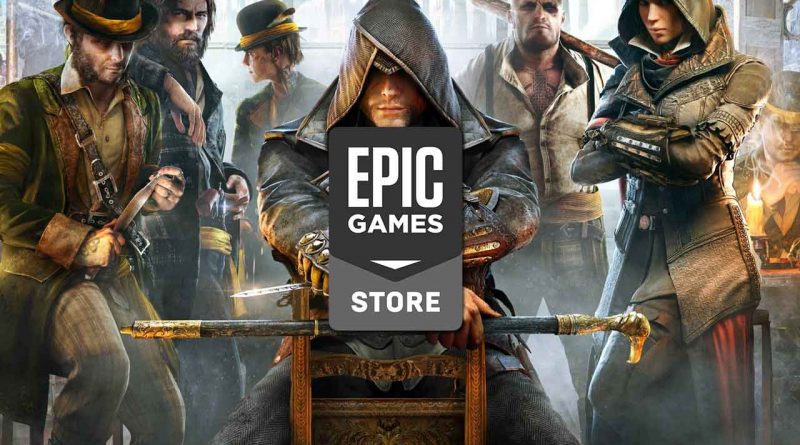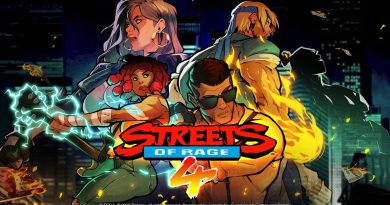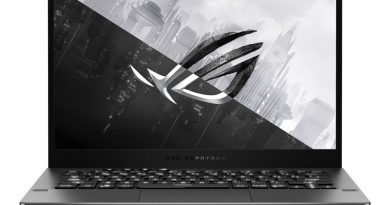You have to prepare for more and more games at Epic Games and not on Steam: Valve charges 30% commission, Epic 12%
You have to prepare for more and more games at Epic Games and not on Steam: Valve charges 30% commission, Epic 12%
Among the PC community there is an absolute king: Steam, owned by Valve, a developer that started its particular way to the top in 2003, launching an aggregator of different games, including Counter Strike. A year later a game called Half-Life 2 would arrive exclusively for that same platform, the rest is history.
It was not until the arrival of the gigantic Epic Games Store that a battle would finally begin between two colossi of the same size. This dispute has drawn thousands and thousands of comments in the community among those who defend their venerated Steam, and those who thank the new blood offered by the creators of ‘Fortnite’. The arrival of the Epic Games Store uncovered some shortcomings on Steam and has now announced its partnership with three major studios adding their other perks to developers.
The main argument of the Epic Games Store to convince developers and publish in its digital store is that, for each game sold, the authors of the work take 88 percent of the money raised. The famous 12 percent of the store, which has generated so much debate, contrasts with the 30 that Steam can carry (a 65-70 for the developer), although there are nuances.
This is obviously a great attraction for all video game creators: for every 60 euros (standard price of a non-indie game), developers get 52.8 euros in the Epic Games store, while 7.2 euros is the commission of 12 percent of the establishment.
With Steam the system is much more confusing: if the game is graphically designed with the Unreal Engine, the Valve store takes 30 percent of the total, over 60 would be 18, while the developer 65 percent, that is 39 euros. The differences are more than 10 euros for each game, although the margins narrow when the work sells for more than 10 million dollars, since the percentage of Steam becomes 25 percent. When the game in question sells for more than $ 50 million, the percentage drops from 25 percent to 20.
Epic Games can afford to offer these lucrative deals to developers because it already has so many other sources of money. In reality, Steam could also be the number one digital store in the world, but it would have to lower its profit margins, and after many years being the king, it is aware that it has a totally privileged position. In this pitched battle, Epic vowed to wipe out its exclusives if Steam offered a more beneficial deal for developers, but it doesn’t appear that either will take a step in their respective ways.




